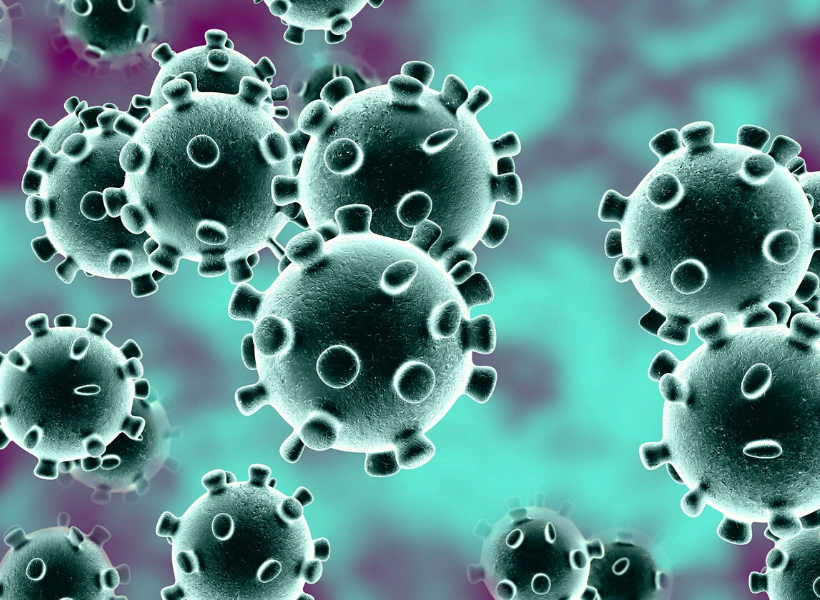By Suraj Narine
Health Ministry officials are expected to meet on Friday to plan a course of action to further strengthen surveillance at Guyana’s ports of entry to identify, and deal with those who may be suspected of being infected with the Coronavirus. This is according to the Deputy Chief Medical Officer (DCMO) Dr Karen Gordon-Boyle.
In the interim, the DCMO said that port officials remain on high alert. She told the Guyana Standard, this morning, that communiqués were sent to those officers informing them of the virus and symptoms.
“We’re meeting with our port health officers on Friday to plan our course of action, but we will be on heightened alert… So, we’ll have certain things that we’ll be looking for, questions that will have to be asked, and the port officers will know this,” the DCMO said.
Dr. Gordon-Boyle said that there should be no need to panic, given that countries where the virus is a major threat, have been doing intense screening and tests before persons are given the greenlight to leave. The DCMO said that “heightened alert” and not panic is needed.
She advised that persons, when travelling, should conduct basic hygienic practices to avoid contamination.
The DCMO was contacted several hours after the Pan American Health Organization (PAHO) issued an epidemiology alert on the virus for the Americas.
PAHO, in its alert, has recommended that member countries strengthen surveillance activities to detect patients with acute respiratory disease and for health workers to have access to up to date information on the illness.
Currently, the organisation does not recommend any screening at entry points nor has it placed restrictions on travel or trade. PAHO noted that there is still “uncertainty” about the new pathogen and the spectrum of manifestations it may cause, the source of infection, the mode of transmission, the incubation period, the severity of the disease and the specific control measures.”
Coronaviruses are a large group of viruses that are common among animals. In rare cases, they are what scientists call zoonotic, meaning they can be transmitted from animals to humans, according to the US Centers for Disease Control and Prevention (CDC).
The CDC noted too, that Coronaviruses usually cause mild to moderate upper-respiratory tract illnesses, like the common cold. Symptoms may include headaches, coughs, sore throat, fever, and a general feeling of being unwell.
Human coronaviruses can sometimes cause lower-respiratory tract illnesses, such as pneumonia or bronchitis. This is more common in people with cardiopulmonary disease, people with weakened immune systems, infants, and older adults.













